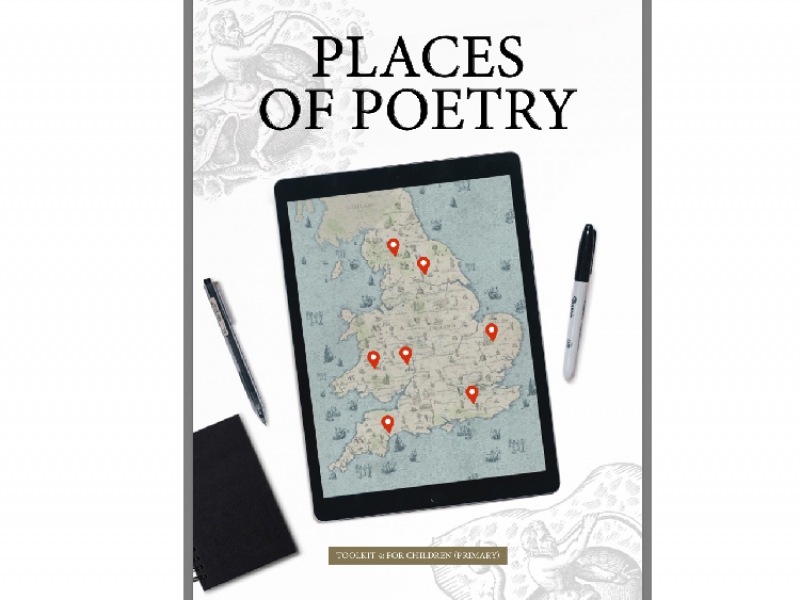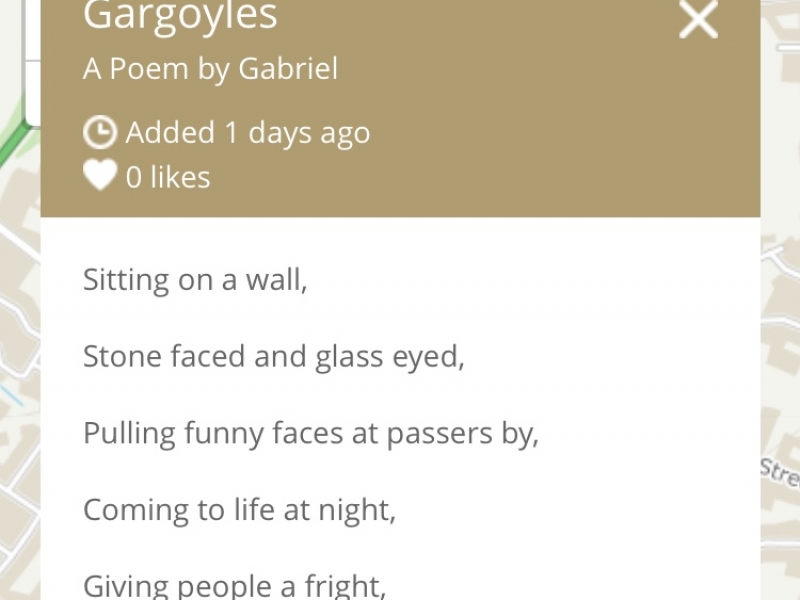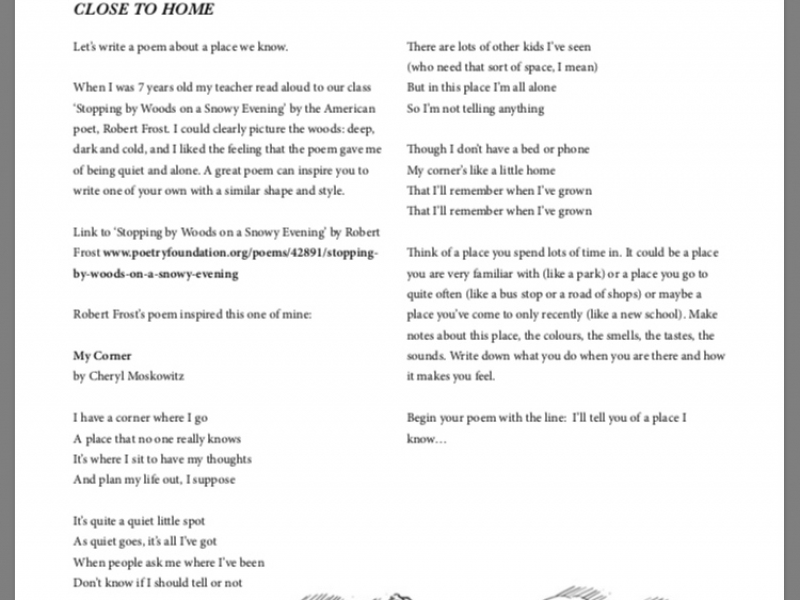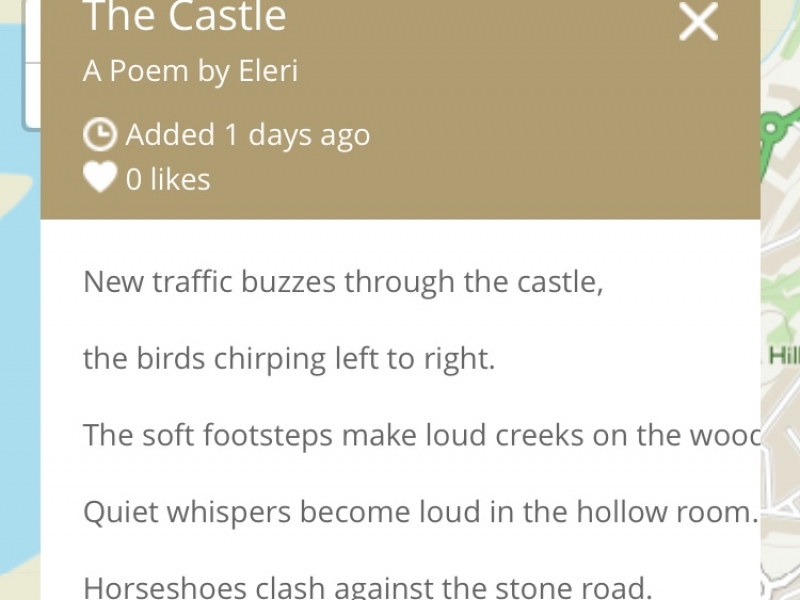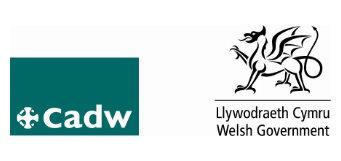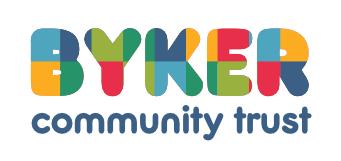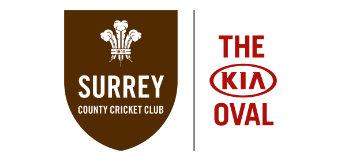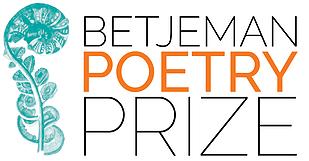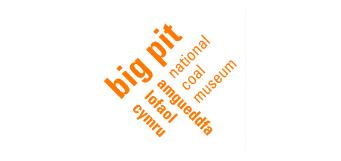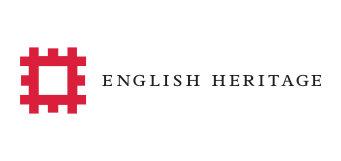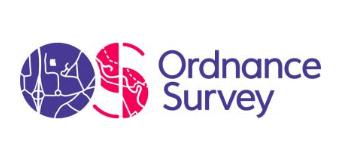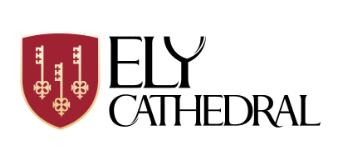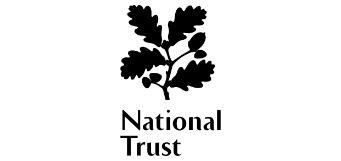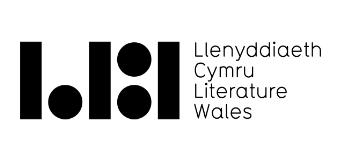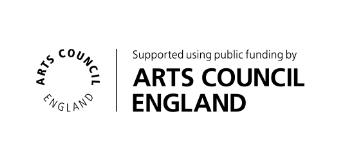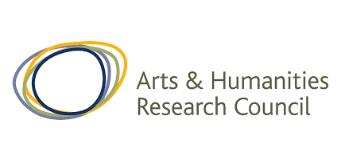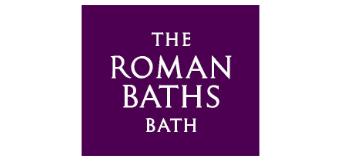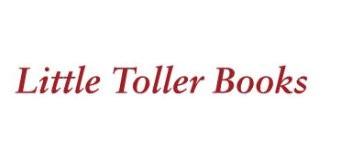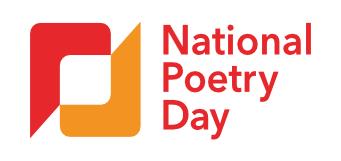The Places of Poetry Schools Week: and how to get involved
Added: 28 June 2019
In the past few weeks we have had schoolchildren in Ely writing poems about St Etheldreda, patron saint of Ely Cathedral, schoolchildren in the Severn Valley writing poems about the twaite shad, the fish at the centre of an ambitious river restoration project, schoolchildren in Caernarfon writing about their local castle, and schoolchildren in Crediton writing poems about living in rural Devon. Many of these poems are now pinned to the Places of Poetry map.
Places of Poetry is for writers of all ages and levels of experience, but we believe that writing poems in the classroom can be a fantastic way of getting children to reflect on the places they inhabit and love. We want them to consider the histories of these places, and to reflect on their own relationships with them. A poem can be written in the course of a lesson. It can be quick to write a poem, but requires more consideration than the average social media post. For thinking about place, heritage and identity, it can be the perfect medium.
To support schools to engage with Places of Poetry, we have worked with The Poetry Society to develop toolkits for teachers, which are available for free downloading on our resources page. There are two aimed at schools, one for primary and one for secondary-aged children. (There is also a toolkit for heritage and arts organisations, and another for individual writers.) We hope these toolkits, available in English and Welsh versions, will be useful not only within the period in which our map is open for writers (up to 4 October 2019), but also beyond.
Next week (the week of 1 July) is our designated schools’ week. So we are taking a break from our hectic programme of events across the country and finding ways to engage with school-aged writers. We will fund some workshops at schools in disadvantaged communities in the North East and the South West, and we are encouraging other schools to connect with us by using our toolkits. In the course of the week we will use social media to throw a spotlight on the work of younger poets. We also encourage writers aged between 10 and 13 to enter the Betjeman Poetry Prize, which promotes writing in schools on the theme of ‘place’.
All poems submitted to Places of Poetry are monitored, and we take extra care with the work of younger writers. All poems submitted by writers under the age of eighteen will be read before being published on the site, our monitors following guidelines produced by the education team at The Poetry Society. They will be published under first-name only. We also require work by writers under thirteen to be posted by a parent or guardian.
Places of Poetry is managed by the poet and broadcaster Paul Farley and the academic Andrew McRae. It is based at the universities of Exeter and Lancaster, and funded by the Arts and Humanities Research Council, the National Lottery Heritage Fund, and Arts Council England. It is supported by partnerships with The Poetry Society, the Ordnance Survey, National Poetry Day, the Betjeman Prize, and Literature Wales.
Search Poems


